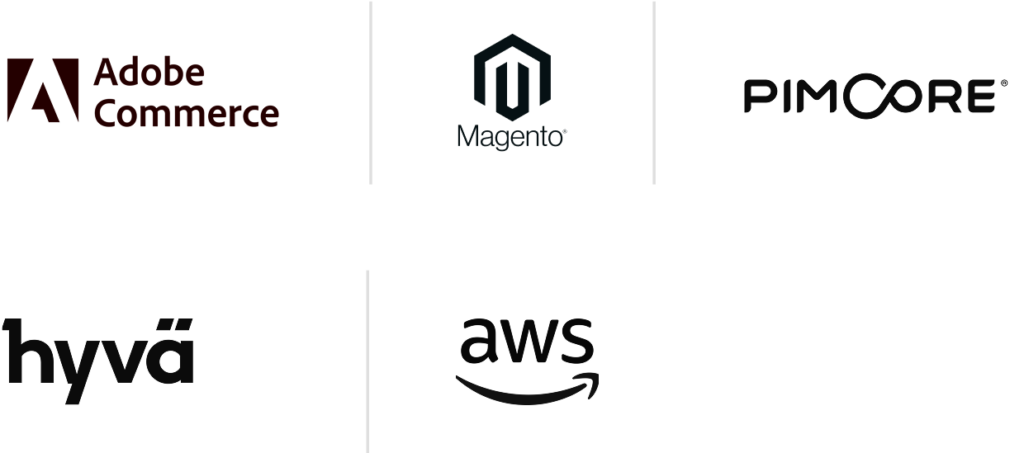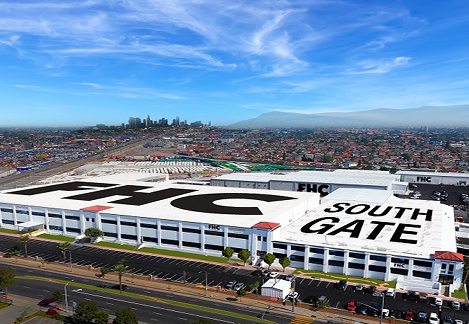UX/CX Consulting
Better B2B experiences. Better results.
We design interfaces your customers love to use and journeys that make buying easier—turning frustration into satisfaction and browsers into buyers.
Our partners
Platforms you trust. Results you’ve never seen.



Smarter UX For Smarter B2B Workflows
Built for enterprise needs, not just interfaces
Built for Business Workflows
Your business isn’t one-size-fits-all—neither is your UX.
Built for Business Workflows
Manufacturers need fast bulk ordering tools with CSV tools that save time, distributors rely on multi-user set-ups with role-based access, and procurement teams demand custom approval hierarchies to control spend limits.
Designed for Multi-Touchpoint Usability
B2B buyers switch between dashboards, mobile apps
Designed for Multi-Touchpoint Usability
B2B buyers switch between dashboards, mobile apps, and on-site systems to manage procurement. Field reps need mobile-first experiences with offline access, while back-office teams require data-dense interfaces optimized for desktops.
Seamlessly Integrated with Your Backend
Real-time pricing updates? contract-based discounts?
Seamlessly Integrated
with Your Backend
Automation-First for Operational Efficiency
Manual workflows slow you down—and frustrate your customers.
Automation-First for Operational Efficiency
Backend Synergy for a Unified Experience
A great interface is useless without backend synergy.
Backend Synergy for
a Unified Experience
We ensure your UX connects seamlessly with ERP, PIM, and CRM systems—eliminating data silos and keeping transactions smooth from start to finish.
Our Approach to B2B UX
B2B UX that works—because we know how B2B buys

 UX Audit & Data-Driven Research
UX Audit & Data-Driven Research
Good UX starts with fixing the right problems.
We analyze user behavior, system dependencies, and process bottlenecks to pinpoint what’s causing friction. Heatmaps, session tracking, and backend audits reveal inefficiencies in navigation, approvals, and ordering workflows—so we can optimize what matters.
 Prototyping & Testing
Prototyping & Testing
Bad UX decisions are expensive to undo.
We wireframe, prototype, and test with real users—procurement teams, sales reps, and finance managers—to ensure workflows are intuitive before development starts. Whether it’s multi-step approvals, custom pricing, or bulk orders, we validate it upfront, so you don’t have to fix it later.
 Industry-Specific UX Optimization
Industry-Specific UX Optimization
B2B buyers don’t shop like consumers.
Manufacturers need fast reordering. Distributors rely on pricing visibility and multi-user accounts. Field reps need mobile-first ordering. We design UX that fits how your industry operates—so every buyer gets a seamless experience, no matter their role.
 Seamless Integration
Seamless Integration
A great front-end fails without a strong backend.
We connect your UX to ERP, PIM, and CRM systems, ensuring real-time pricing, stock updates, and automated workflows. No more outdated info, broken processes, or manual workarounds—just smooth, connected transactions.
 Continuous Optimization
Continuous Optimization
Great UX isn’t a one-time fix—it’s an ongoing advantage.
We track real user interactions, run A/B tests, and use AI-driven insights to refine checkout flows, navigation, and search functionality. Whether it’s reducing drop-offs, improving reordering speed, or streamlining approvals, we ensure your UX keeps evolving with your business.
Case Studies
Get a close look at
how we’ve made a difference


Manufacturing
|
Magento 2.4.4 Compatibility
Optimized quoting and sales workflows through Salesforce, CPQ, and Duchess Integration, enabling faster, error-free quoting.
+88%
faster
quoting
100%
real-time
data sync


Manufacturing
|
Magento 2.4.4 Compatibility
Automated quoting and eliminated pricing errors through Epicor CPQ & Magento Integration, enabling seamless B2B eCommerce scaling.
+75%
faster
workflows
100%
real-time quoting
accuracy


Industrial Manufacturing
|
Akeneo PIM
Enhanced product management and B2B ordering with Akeneo PIM, million+ SKU imports, and a custom PO system for faster procurement.
+1 Million
SKUs managed effectively
Built for Your Industry
No two industries are the same. Neither are our solutions.
Work with Us
Ready to transform your eCommerce experience?

Resources
Stay ahead. Insights for your ecommerce growth.
FAQs
How can we create a better eCommerce user experience?
Creating a better eCommerce user experience involves focusing on user experience design principles, such as understanding user behavior, ensuring intuitive navigation, and offering a personalized user experience. Incorporating accessibility in UX ensures that your platform caters to all users, including those with disabilities, fostering inclusivity and engagement.
What are some UX best practices?
The best eCommerce UX design practices include:
- Simplified navigation to enhance ecommerce user experience
- Fast-loading pages to reduce bounce rates
- Responsive design optimized for mobile and tablet users
- Clear CTAs for guiding users through the buying journey
- Minimalist layouts that focus on key products
What is the difference between UX and UI?
The difference between user experience (UX) and user interface (UI) lies in their focus areas. UX is about the overall interaction and satisfaction a user feels while navigating a product, emphasizing user-centered design to enhance usability and efficiency. UI, on the other hand, refers to the visual elements, such as layouts, colors, and typography, that make the product aesthetically appealing.
How can personalized UX design improve user retention?
Ecommerce user experience tailored to individual needs leverages browsing and purchase behavior to offer personalized recommendations. This strategy not only boosts engagement but also fosters loyalty and repeat purchases, a key outcome of ecommerce interface design strategies.
What is the UX audit?
A UX audit is a structured evaluation of a website or application to identify usability issues and improve the overall experience. The UX audit process includes steps like website evaluation, user journey mapping, and usability analysis. This approach helps optimize conversion rates and ensures that the platform aligns with user needs and business goals.




